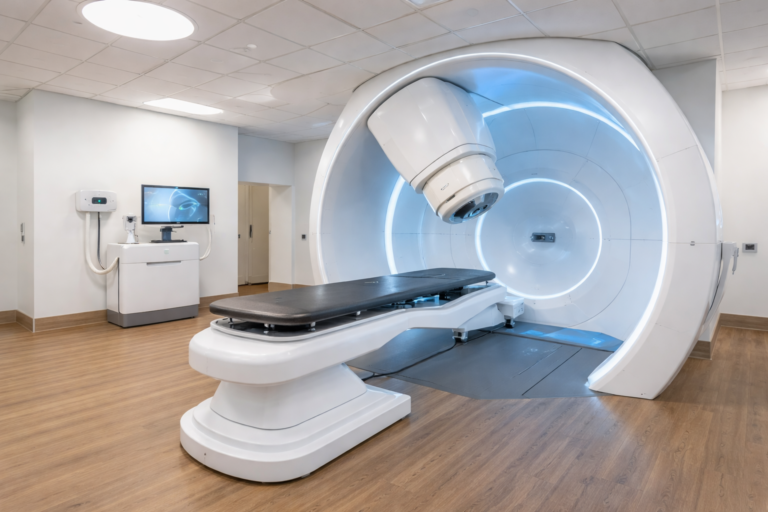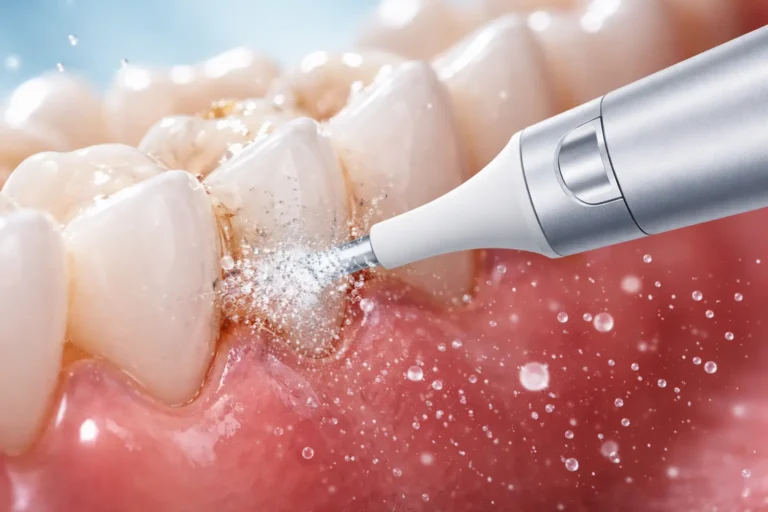
DermaSensor Inc., a health technology company equipping primary care physicians (PCPs) with a non-invasive device for evaluating suspicious skin lesions, presented today promising results from a sub-analysis of the DERM-SUCCESS study.1 The analysis focused on the performance of DermaSensor’s handheld Elastic Scattering Spectroscopy (ESS) device in detecting skin cancer in patients across different Fitzpatrick skin types, a skin tone scale developed to classify skin coloring and response to ultraviolet (UV) radiation.2 In the study, DermaSensor’s ESS device demonstrated high sensitivity of 96% in detecting all skin cancer types when compared to the gold standard of histopathologic examination, with similar sensitivity and specificity across Fitzpatrick skin type subgroups.
“The findings of this sub-analysis are highly encouraging as they suggest that DermaSensor’s ESS device performance is not significantly impacted by underlying melanin content and can be a valuable tool in detecting skin cancer across different skin types, including patients with skin of color,” said Dr. David J. Leffell, Professor of Dermatology, Plastic Surgery and Otolaryngology and Chief of the Dermatologic Surgery Program at the Yale School of Medicine. Dr. Leffell serves on the Scientific Advisory Board of DermaSensor.
In the sub-analysis, patients were divided into two groups based on their Fitzpatrick skin types (FST): FST I-III and FST IV-VI, which are consistent with previous studies defining skin of color.3,4 Of the 1,005 patients enrolled in the study, 729 (72%) belonged to the FST I-III group, and 276 (28%) were in the FST IV-VI group. Forty-eight skin cancers were detected in subjects with Fitzpatrick skin type IV-VI. Importantly, there was minimal variation in device sensitivity, specificity, and Area under the Receiver Operating Characteristic Curve (AUROC) when comparing patients in the two FST subgroups to each other and to overall study results. The device sensitivity was similar between FST I-III and IV-VI, 96% and 92%, respectively, and AUROC was also similar with results of 0.779 for FST I-III and 0.764 for FST IV-VI.
“Our mission at DermaSensor has always been to provide access to tools to aid in skin cancer evaluations”, said Cody Simmons, CEO of DermaSensor. “The results from the DERM-SUCCESS study suggest that our ESS technology performs comparably regardless of skin type, which could improve providers’ ability to assess lesions on all patients and thus increase equitable access to effective skin cancer exams.”
Source: https://www.businesswire.com/




